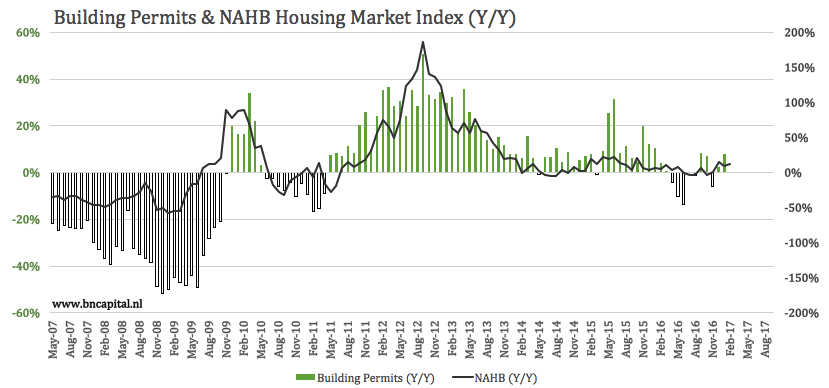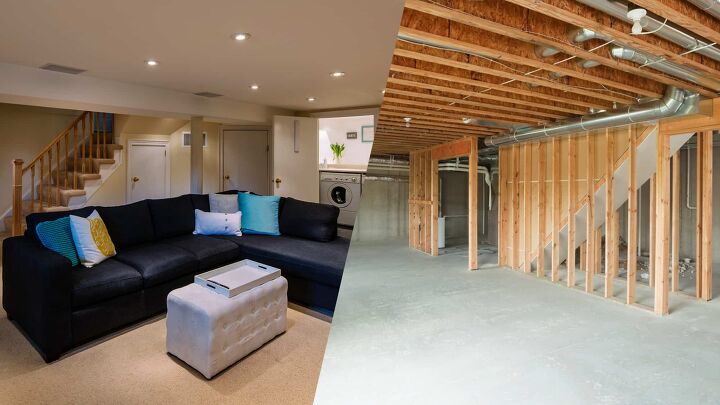Table of Content
- #7 Should I Still Buy the House if I Know Work Was Done Without Proper Permits?
- Building Without a Permit
- Option 2: Sell Your House As-Is
- Should we buy a home without permits?
- Buying a House with Unpermitted Additions: 5 Things to Know
- Too Much Hassle Applying for Permits
- Complicated Laws and Confused Building Inspectors
The house looks as if it has been totally gutted inside and remodeled. It does not appear that anything "structural" has been done - although we were told a small interior wall was removed. The permitting requirements are vastly different amongst local agencies, so make sure to work with them directly to know.

At HomeLight, our vision is a world where every real estate transaction is simple, certain, and satisfying. Therefore, we promote stricteditorial integrity in each of our posts. The seller needs to get this straightened out, at their own expense. Plus, Partner Agents also offer on-demand showings — sometimes in less than an hour — so you know you won’t miss out on your perfect home.
#7 Should I Still Buy the House if I Know Work Was Done Without Proper Permits?
That can leave you in a very difficult and likely expensive situation. The immediate repercussions “For example, if you add an addition without proper permits, the property will not match the town records. The bank won’t lend without consistency between the appraisal and town record.” So from the jump, unpermitted work in a home may cause your loan to get denied.
Things like zoning and construction codes are much more stringent now, so if there’s an unpermitted addition, you could run into issues with the town. Not necessarily a reason to buy or not buy, but I would definitely dig deeper with an inspector or the sellers to find out more details. Should a city inspector discovers unpermitted work after reviewing city records through the local permitting department, you might also owe money to the city.
Building Without a Permit
You always have to make sure that you enter all necessary documents within the given dates. With smaller-house plans, you are spared all this bureaucratic madness. You also do not need to enter any building log, which you would be normally asked to record, and you’re not subject to government inspections. As mentioned above, if your house is smaller than the given parameters for buildings to count as a house, you do not need to ask anybody to build it. For example, if you want to build a house that takes up an area of 5 x 5 meters and is not taller than 5 m, it doesn’t count as a house, and therefore you can build it without the need for a permit. 5 meters of height is enough for two stories or a house with an attic.

You might get lucky in some circumstances, and the inspectors may ask to simply open up a wall. Others, though, might require you to tear all previous unpermitted work completely down and rebuild it with the proper permitting. Your homeowner’s policy may not cover the unpermitted additions. A home that has unpermitted work is a home with baggage, and those homes could end up selling cheaper than their permitted equivalents. As a buyer, you should know what you are getting into before you agree to purchase a home with no permits for work that requires them.
Option 2: Sell Your House As-Is
Getting the proper permits, and doing the work in a way that will meet current regulations, can be more expensive than just winging it. Whether you are a buyer or a seller, improvements done without permits can prove to be an expensive and time-consuming hassle. Remediating unpermitted construction can be complicated and in some cases – e.g. when an addition is constructed over an easement – might even be impossible.

You need a NY attorney for buying anyway, so get an attorney and ask them these questions. As an aside, the neighbors to the back of my parents home sold it and had to remove the entire wood framed back porch addition that was 1000 square feet because it was not permitted. Which for the $1.2m price tag was not as much as you would have thought or expected.
Should we buy a home without permits?
Home Advisor has a good reference on building permit costs worth a look. You can also check with your city or town to get a better handle. If the unpermitted work is extensive, potentially dangerous and/or far too expensive to legalize, you might want to walk away. Always consult with a real estate professional, mortgage broker and/or real estate attorney during the home buying process.

All of these will give you a better understanding of the condition of the home and help you make a decision on whether to move forward with the purchase. “Buying a home without performing due diligence is as irresponsible as the homeowner who doesn’t pull permits,” says Hillman. Imagine attending an open house and stepping into a newly remodeled master bathroom complete with brand-new Carrara marble tiling and a luxurious free-standing tub. Home improvements like this are enough to make potential home buyers fall in love, and it may even motivate you to make an offer on the spot. It would be prudent to first find out what your agent has to say, because most laws regarding permits are local and vary from city to city and state to state.
Your agent might know what kind of problems you can encounter by buying a home that has had improvements done without a permit in this locale. Without a permit, there’s no guarantee that the remodeling was done to code or that homeowner’s insurance will cover issues. Homeowners may have skipped getting permits due to the cost or issues with the city codes, or because it can cause delays. In most cases, you are legally obligated to disclose all unpermitted work you are aware of, even if it’s from prior owners. The decision of selling as is or obtaining retroactive permits should be made before you list your home, recommends Engel. If it’s 20+ years old, permits were likely filed on paper and might not be in the systems.
It is vital to understand permits from a more in-depth perspective to address the issue of unpermitted work in your home. Not only will this aid you in the process of selling your home, but it will also help save you from some future headaches by preventing you from making any of the common mistakes to your home later on. Did you know that we can help you save a lot of money when selling your house? Money that you can put towards moving, buying a new house, paying off debt, a much needed vacation or anything else you want. ISoldMyHouse.com has 3 ways for you to sell your house and NOT pay high commissions.
This is usually measured by the build-up area and the topmost point of the roof. This means that you do not need planning permission for buildings that do not reach the given parameters. As long as your building does not reach a certain size and build-up area given by the law, you do not need to ask for permission because it is so small that the law does not class it as a building. The government’s size in the EU is around 270 ft² / 25 square meters maximum, and the height of the topmost point of the roof up to 16 ft 5in / 5 meters. We are deeply concerned and believe this lack of permits is a red flag - either with any future insurance claims or ability to resell at some point. The amount of time it takes to acquire a permit for your home varies significantly from region to region and even seasonally.
No comments:
Post a Comment